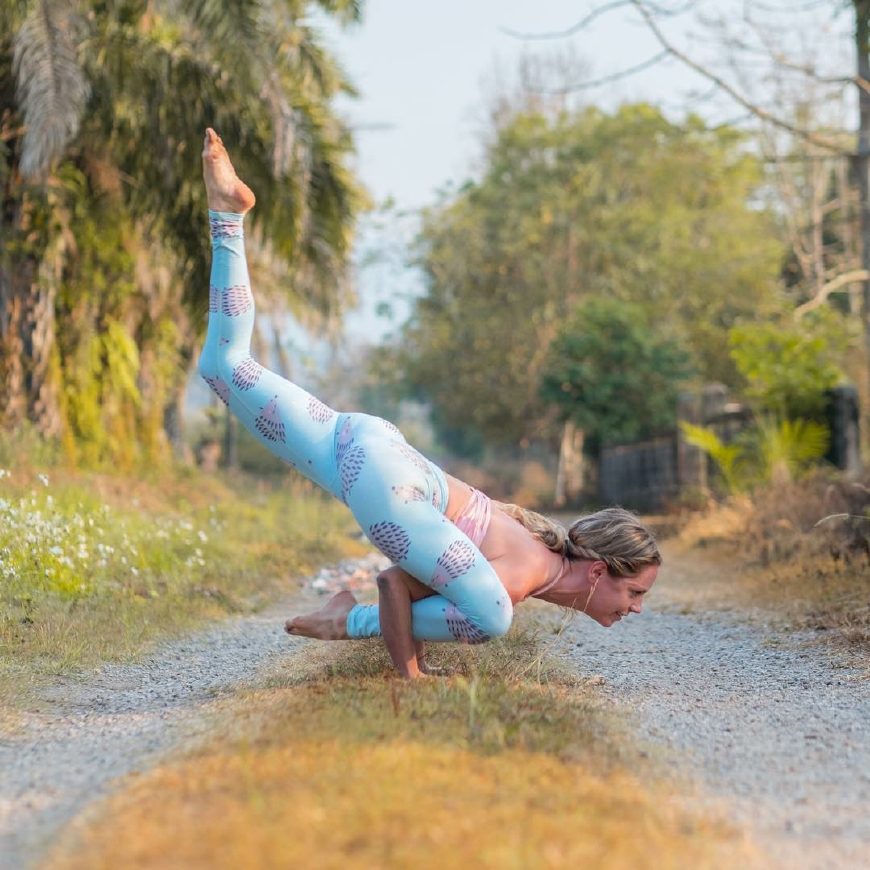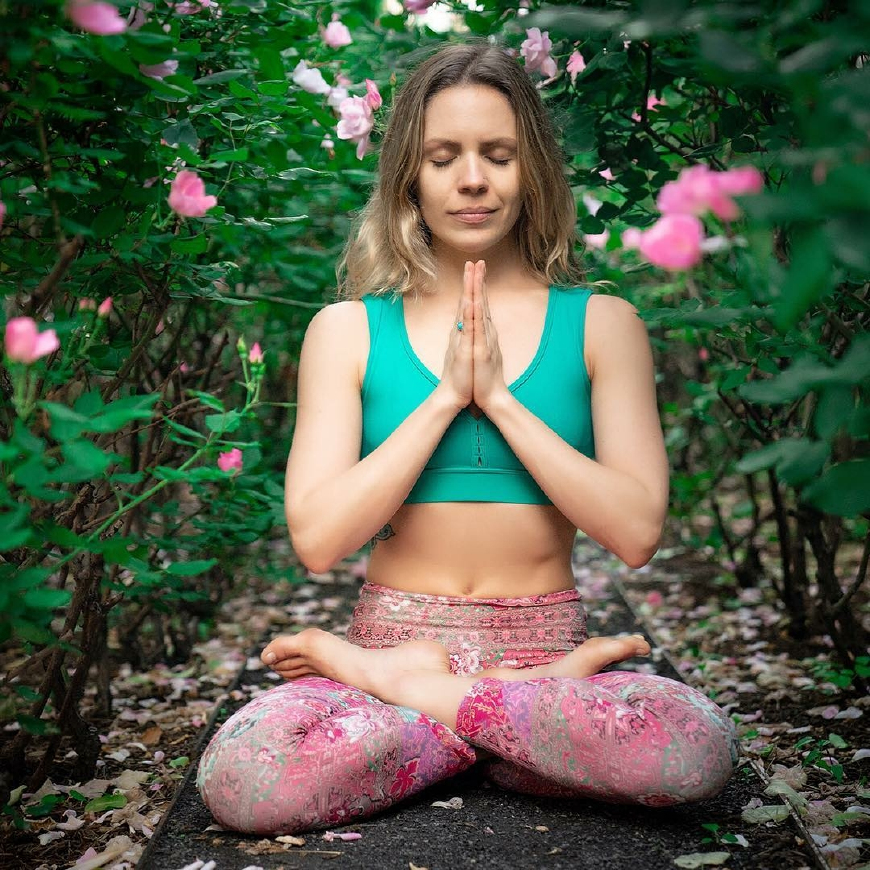
一句话瑜伽,第200期Elissa:今天,我花了一些时间参观了清迈的佛教寺庙。Today, l spent some time visiting Buddhist Temples in Chiang Mai.

在每一座寺庙里,我内心都感受到了深刻的能量变化,但我不禁想知道,在拜拜的时候,我们应该抱以何种情绪。At each temple I felt a profound energy shift while inside, but I couldn't help wondering what one is supposed to feel while worshipping.
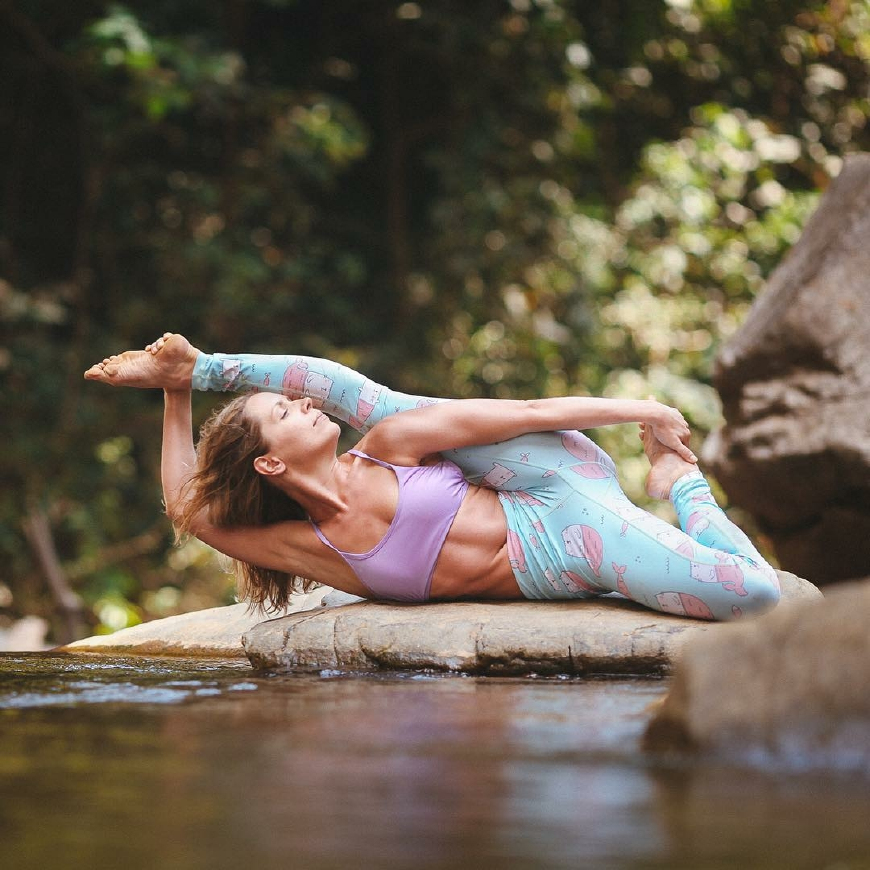
敬畏?奉献?一种负罪感或者需要被救赎?在一个寺庙旁边有一个帐篷,这里驻扎着一个可以和和尚一对一交流的地方,并可以问任何你想问他的事情。Reverence? Devotion? A sense of debt or need for saving?At one of the temples there was a tent to the side that held the space for you to talkwith a monk and ask him anything you wanted.
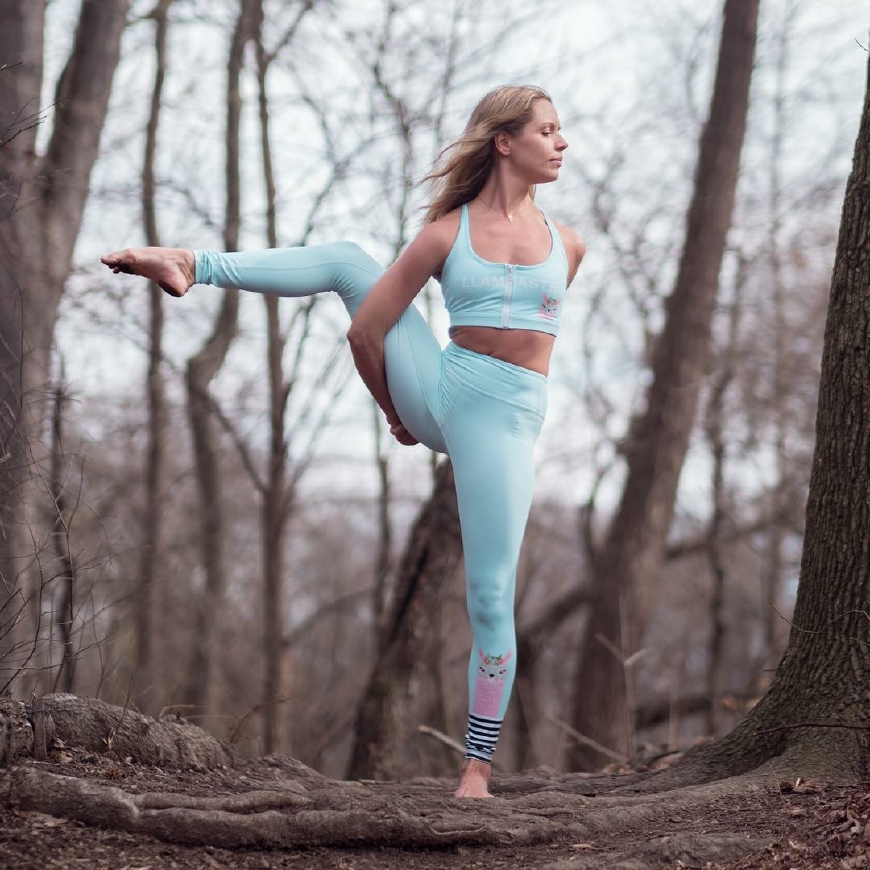
老实说,我得召集一些勇气上前去问,但我做到了。To be honest, I had to summon some courage to approach all by myself, but I did.

在回答我的问题时,和尚解释了佛教是如何弘扬活在当下的。In answering my questions the monk explained how Buddhism is a practice very much rooted in the present.
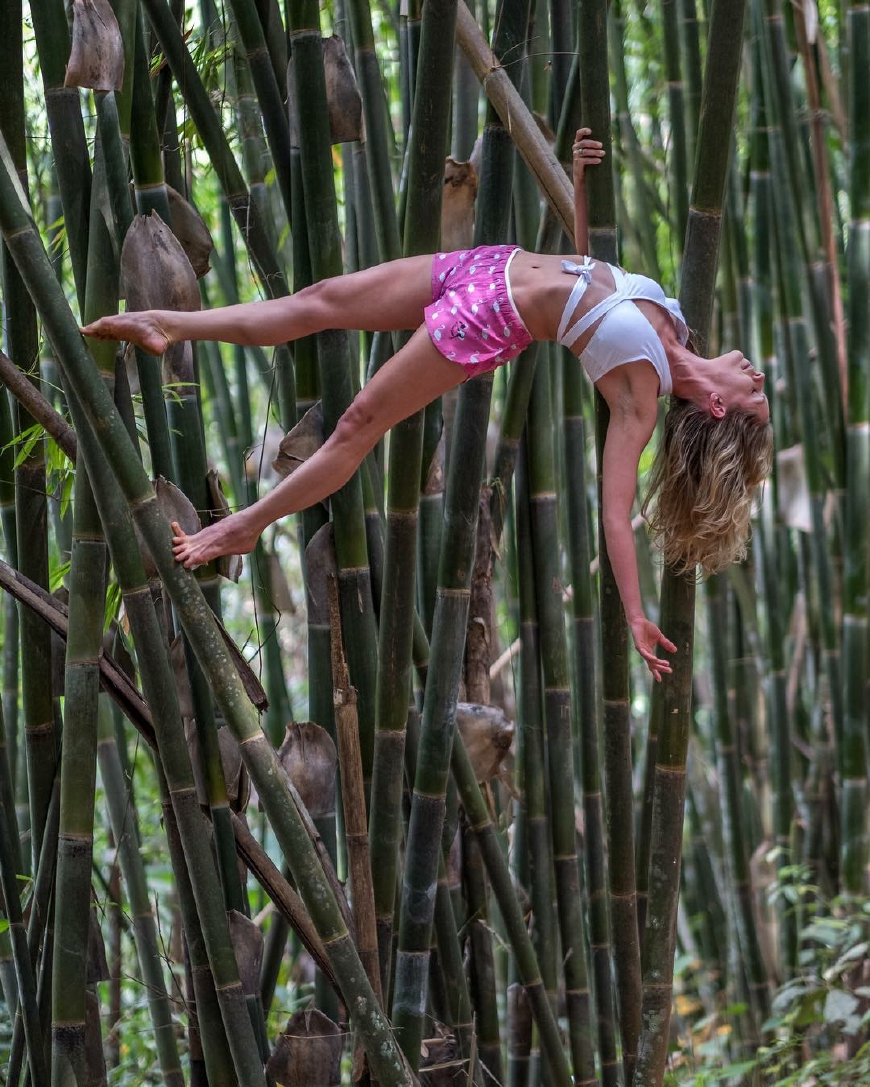
所以我问,如果我们要活在当下,为何要尊敬古老的佛像,包括已逝的肉身?So l asked, if it is so rooted in the present how do they revere the ancient figure of Buddha including all the incarnations of him in the past?
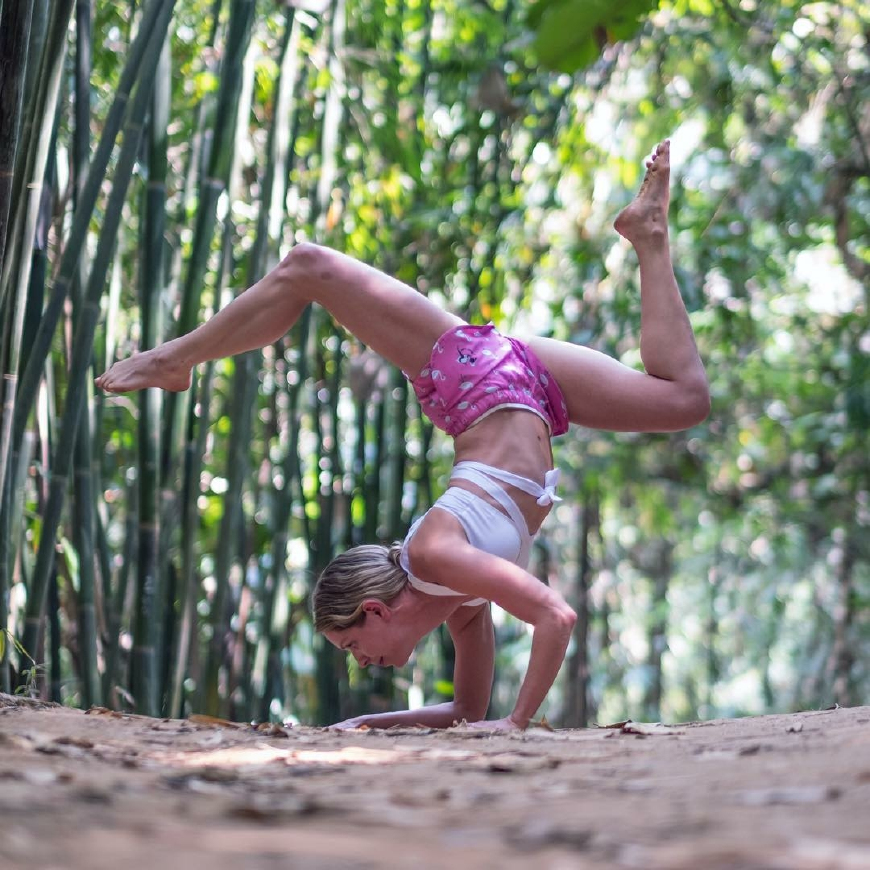
和尚回答说,佛主不要求你崇拜或相信他。佛说唯一能让你相信的人是你自己。你就是你世间唯一。The monk replied,Buddha does not ask you to worship or believe in him. The only person he asks you to believe in is yourself. You are the only thing that is here right now.
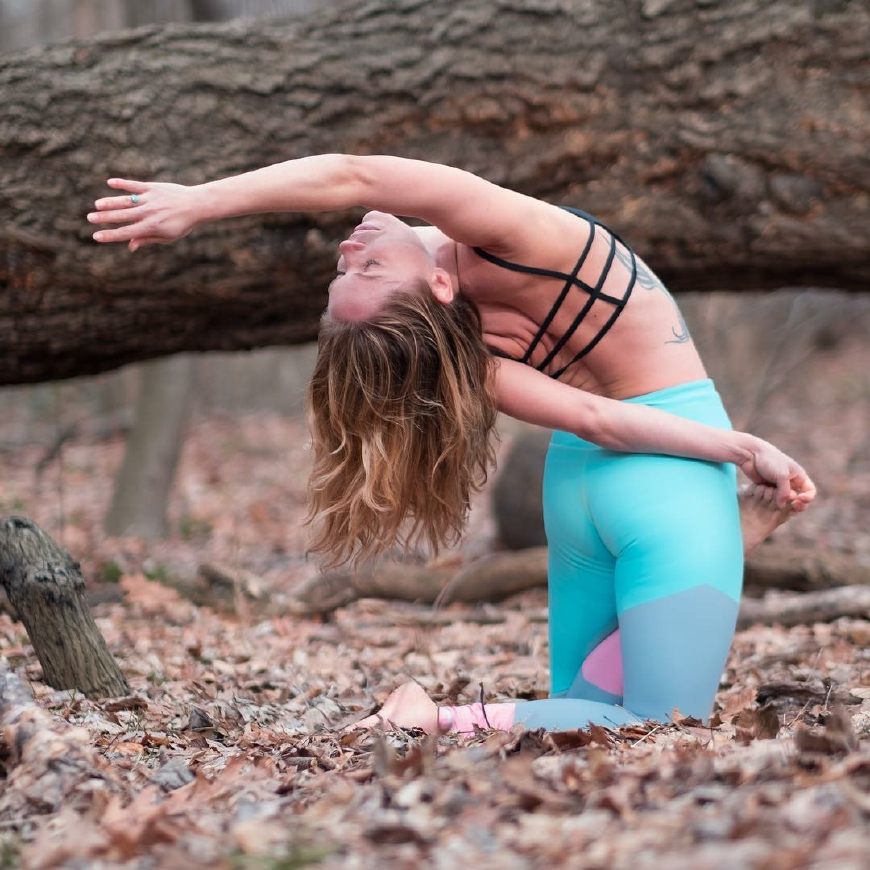
我不是佛教徒,也不信教,但作为瑜伽修行者,我当然与这样的思路有关。我想我要坐下来在这座寺庙里开始冥想,只为了能和自己更加接近。I am not Buddhistor religious, but as a yogi I can certainly relate to the line of thought. I think after that I just started to sit and meditate in the temples I visited;just to bring myself closer to myself.
责任编辑:
.jpg)
 普通会员
普通会员